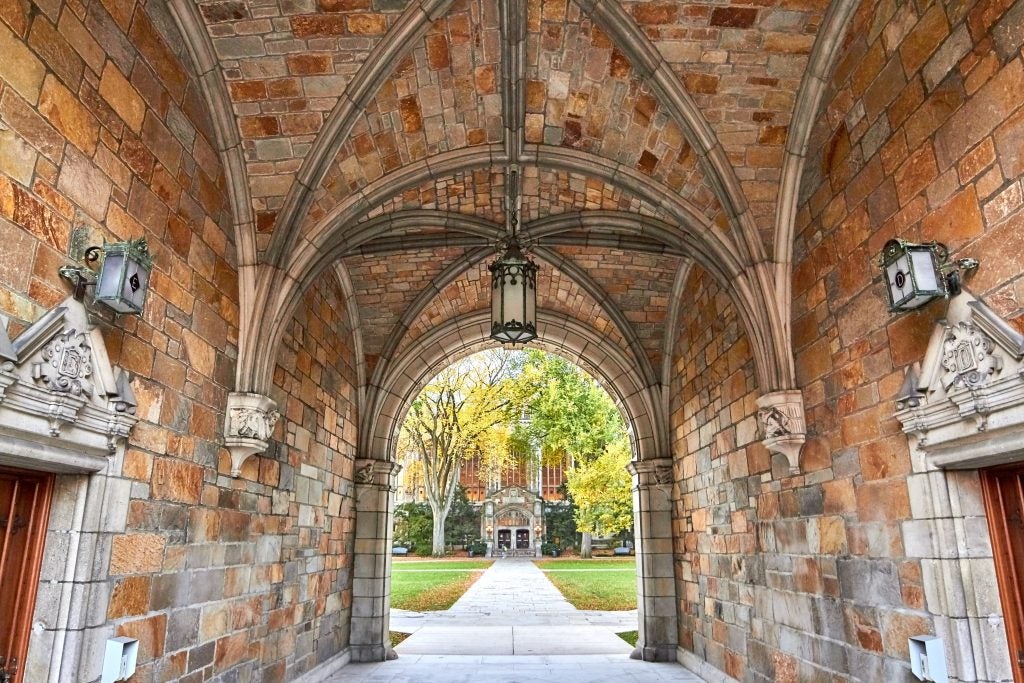This project investigates university responses to student sexual misconduct in a rapidly changing legal environment. Sandra Levitsky and Elizabeth A. Armstrong launched this project in late 2014. Many talented University of Michigan graduate and undergraduate student researchers have worked on the project, which has been supported by various units at the University of Michigan and by the National Science Foundation.

Context
While campus sexual assault is not a new problem, the attention that it has received in the last 10 years is unprecedented. The forces generating this attention are complex, but one thing is clear: The field changed in 2011 with a “Dear Colleague Letter” circulated by the United States Department of Education Office for Civil Rights. This letter indicated that the Office for Civil Rights under the Obama Administration intended to hold schools accountable for complying with Title IX–the 1972 law prohibiting sex discrimination in education. It emphasized that sexual assault and sexual harassment constitute sex discrimination under Title IX, and offered guidance on what schools needed to do to be considered compliant. In response, colleges and universities across the country reformulated their policies and practices. In 2017, the Trump Office for Civil Rights rescinded the Obama-era guidance, and after a Notice and Comment period, released new Title IX regulations in May 2020. As of May 2023, the Biden Office for Civil Rights is revising Title IX regulations in response to yet another Notice and Comment period.
This whiplash at the federal level has been accompanied by an acceleration of sexual misconduct related litigation against universities. In some cases this litigation has generated precedent-setting law at the circuit court level. State legislatures have jumped into the fray as well, legislating sexual misconduct policies, most notably around definitions of sexual consent. At every turn, the media has taken a keen interest, especially in covering cases of serious sexual misconduct. These events have occurred in the context of the ongoing #MeToo movement, and have spawned a backlash emphasizing false allegations and the rights of accused students.
Our research team has approached the study of university responses to campus sexual assault through both content analysis of sexual misconduct policies and comparative-historical analysis of the politics of campus sexual assault.


